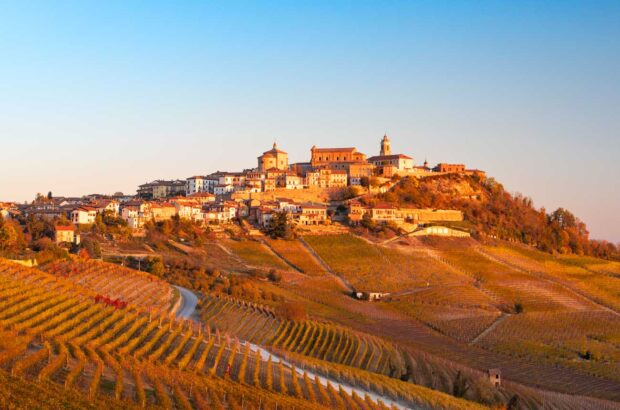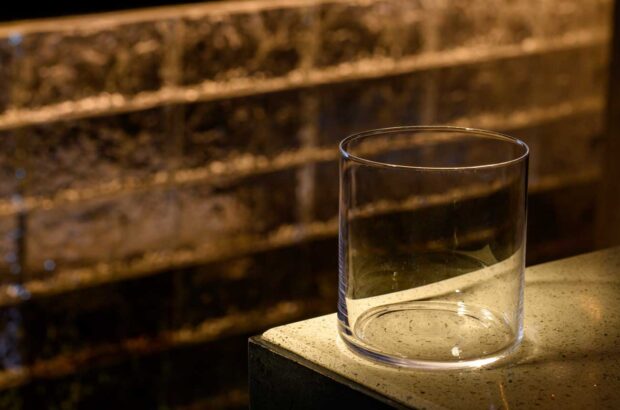As England continues to suffer the wettest early summer since records began, winemakers are beginning to wonder if they are going to have any grapes to harvest at all.
England: ‘Coldest, wettest, dullest’
Rain has fallen across England more or less continuously since the beginning of June, and the Met Office has confirmed this has not only been the wettest, but one of the coldest and dullest periods for over a century.
Figures for June show that 150mm of rain fell – more than double the average amount.
The period from April to June is the second dullest on record with 119.2 hours of sunshine, nearly breaking the record of 115.4 hours set in 1987. It has also been the coolest June since 1991 with a mean temperature of 12.3C.
Despite this, winemakers are optimistic, for the most part. ‘We got through the frost season very well,’ Mardi Roberts, marketing manager at Ridgeview in Sussex said, ‘and now we’ve just started to flower. The next couple of days are crucial for fruit set.’
Roberts said they were using machines to blow the caps off the flowers, which could sometimes get stuck in the rain, thus hindering pollination.
The continual rain can cause a raft of different problems, from mildew to coulure, or shatter, when the flower fails to open and the vine is not pollinated. This can result in a much-reduced yield.
‘The flowers are quite likely to drop off if the sun doesn’t come out,’ Bob Lindo at Camel Valley in Cornwall, told Decanter.com. ‘I don’t like to be downbeat but it’s not looking good.’
Lindo compares this year with the disastrous 1993, in which he told his workers, ‘Find me a grape and I’ll give you a fiver.’
‘We don’t necessarily need sun, but we need a good temperature and no rain. If it continues to rain like this for the next two weeks we’re in danger of losing a large proportion of the crop.’
Nearer London, at boutique sparkling producer Herbert Hall in Kent, owner Nick Hall agreed that the main problem was ripeness.
‘If it goes on like this into July then we will struggle to ripen the grapes, and we don’t want to have to chaptalize.’
Lindo pointed out that English sparkling wine had the great advantage that the grapes did not have to be too ripe. As long as they get fruit set, then there was a potential for an excellent harvest.
‘At this stage it’s not a question of quality. Once you have got the grapes almost ripe, then the flavours are there.’
As Roberts said, it is too early for pessimism. ‘We’ve got a lot of obstacles to get through until the grapes are in the press, but we’re always touching wood. We remain upbeat.’
At Hush Heath, one of Kent’s most renowned properties, winemaker Owen Elias too remains optimistic, despite a situation he described as ‘challenging’.
The main problem is disease, he said, with wet and warm conditions pefect for downy mildew, powdery mildew and botrytis.
‘We need dry, warm weather now, and I don’t know if we’re going to get it. But something usually happens – it’s very rare to get a complete failure, and at this stage there is no point in trying to predict the harvest.’
Written by Adam Lechmere







